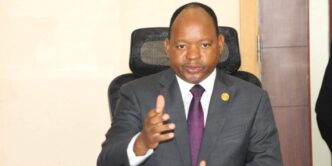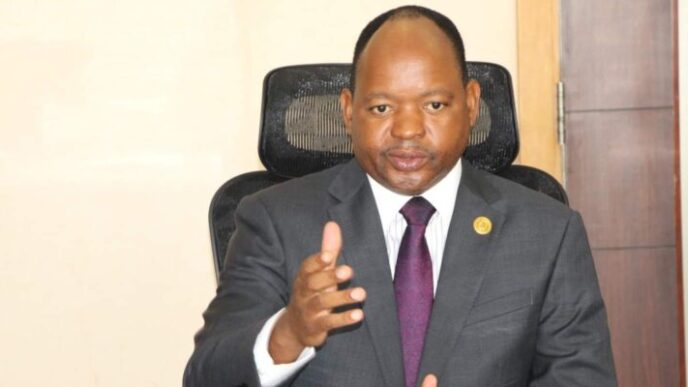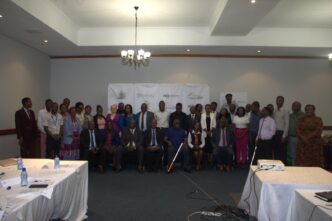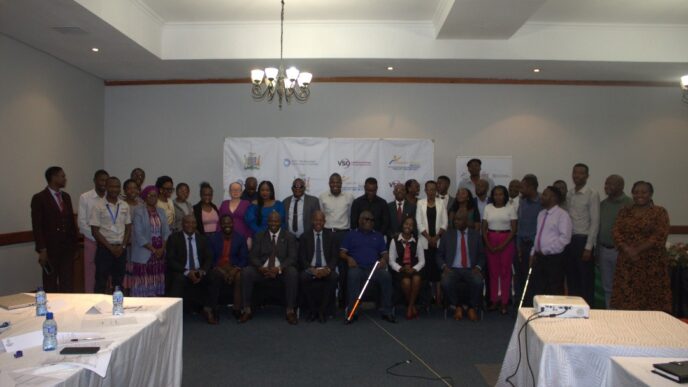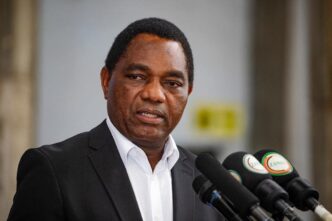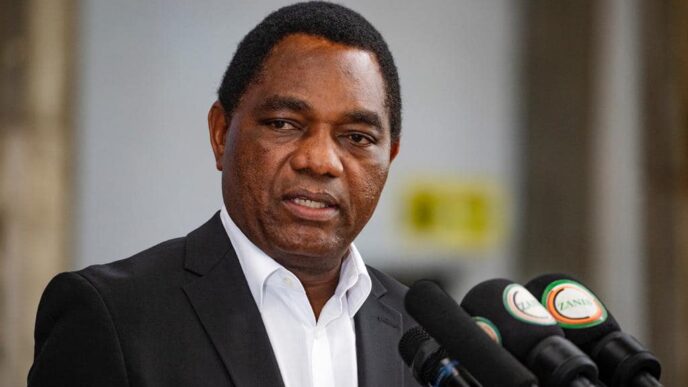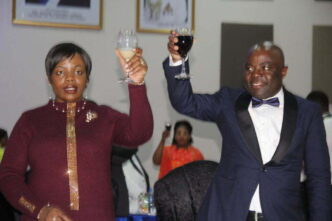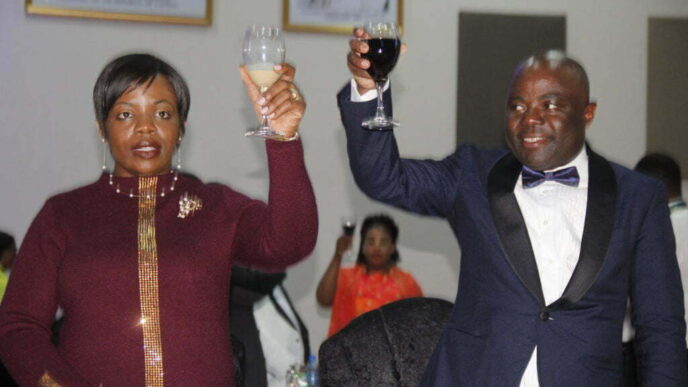BY SANDRA CHUUNGU
The Media Liaison Committee (MLC) commends the recent court ruling in favour of Mr Stanfrance Zulu, a Zambia Daily Mail photojournalist who was dismissed for merely fulfilling his professional journalism duties.
Media Liaison Committee Chair person Ernest Chanda notes that this landmark judgement not only serves as a victory for press freedom but also shines a spotlight on the systemic challenges and censorship faced by public media professionals in Zambia.
,’’It is not the first time that journalists have been harassed and abused in the public media, but only shows the continuous trend and systematic abuse of public institutions by those who are appointed by the sitting government,’’ said Chanda.
Mr Chanda pointed out that the ruling in perspective lays bare the persistent lack of editorial independence and the undue political interference undermining the integrity of public media institutions.
He said the MLC condemns the culture of censorship and cadre-driven journalism that perpetuates polarisation in Zambia’s media landscape, eroding trust and democracy.
,’’Therefore, the MLC demands immediate disciplinary action against Zambia Daily Mail managers responsible for the unjust dismissal of Mr Zulu. Their reckless and unprofessional conduct has not only attacked press freedom but also inflicted significant financial losses on the institution’s resources that could have been directed towards organisational growth and improved staff welfare,’’Notes Chanda.
Mr Chanda urged the Zambia Daily Mail Board to be magnanimous and act decisively, holding those accountable for these failures to the highest standards.
He notes that their actions reflect a disregard for journalistic ethics and the broader public interest, prioritising political allegiance over professionalism.
Mr Chanda disclosed that president Hakainde Hichilema’s commitment to advancing media freedoms and improving working conditions for journalists remains a beacon of hope, but it is also a dream that remains to be fully realised.
He however, said this case underscores the urgent need for tangible reforms to safeguard editorial independence in public media.
,’’It is unacceptable that, six decades after independence, Zambia’s public media continues to struggle under the weight of political interference and self-censorship,’’ he said.
Mr Chanda noted that Zambia was once a regional exemplar of democratic progress and media freedoms, yet today it risks losing this hard-earned legacy.
The MLC calls on all stakeholders, including the government, to prioritise media reforms that restore Zambia’s standing as a leader in press freedom.
The MLC views this judgement as a crucial turning point. It must serve as a deterrent to partisan decision-making and as a wake-up call to public media managers who prioritise political loyalty over public service. As discussions progress on the statutory self-regulation of the media through the Zambia Media Council (ZAMEC), this case should act as a critical reference point, emphasising the need for robust mechanisms to protect journalists from political and managerial overreach.
The time has come for Zambia’s public media to realign itself with its true mandate of serving the people with impartiality, professionalism, and integrity. The MLC stands firm in its commitment to holding institutions accountable and advocating for a media environment that upholds the principles of democracy and press freedom.
Ends.



